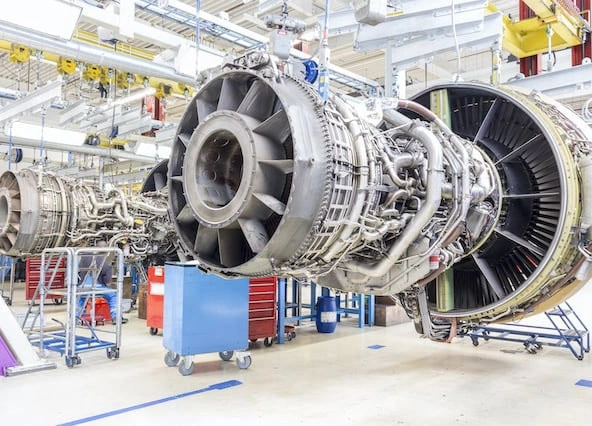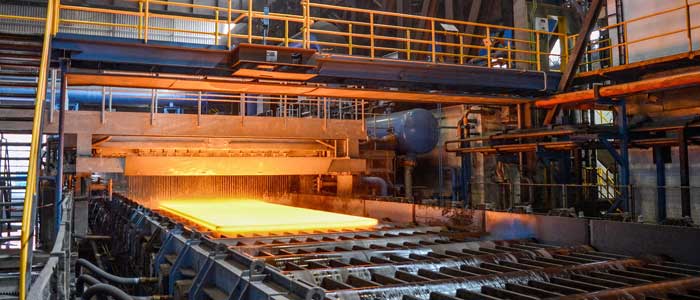High-temperature lead alloys are increasingly becoming a staple in industrial applications due to their unique properties and benefits. These alloys are specially designed to withstand extreme heat, making them indispensable in industries where high temperatures are the norm. In this article, we will explore the advantages of high-temperature lead alloys and why they are the preferred choice for many industrial applications.
What Are High-Temperature Lead Alloys?
High-temperature lead alloys are metal mixtures that include lead as a primary component, combined with other metals to enhance their heat-resistant properties. These alloys are known for their ability to maintain structural integrity and performance at elevated temperatures.
Composition and Characteristics
High-temp alloys are typically composed of lead mixed with other elements such as antimony, tin, and copper. This combination results in an alloy that can withstand high temperatures and still perform effectively. The characteristics that make these alloys valuable include:
- Heat Resistance: They can endure temperatures that would normally cause pure metals to fail.
- Durability: These alloys maintain their strength and do not easily deform under stress.
- Corrosion Resistance: They resist corrosion from environmental factors, increasing their lifespan.
Advantages of Using Lead-Based Alloys
Heat Resistance
One of the primary advantages of lead-based alloys is their exceptional heat resistance. This makes them ideal for use in environments where high temperatures are constant, such as in the manufacturing of glass and ceramics, or in the production of steel.
Versatility in Industrial Applications
Lead alloys for industrial applications are versatile and can be tailored to meet specific needs. Whether it’s electrical soldering, radiation shielding, or battery manufacturing, these alloys provide the necessary properties to perform efficiently. Their adaptability makes them a go-to solution for many industries.
High Performance Under Stress
These high-performance lead alloys are not only resistant to heat but also perform well under mechanical stress. This property is particularly beneficial in applications involving heavy machinery and equipment, where reliability is crucial.
Cost-Effectiveness
Despite their advanced properties, high-temperature-resistant lead alloys are generally cost-effective. This is because lead is relatively abundant and inexpensive compared to other metals used for similar purposes. Industries can achieve high performance without incurring prohibitive costs, making these alloys an economical choice.
Specific Industrial Applications
Automotive Industry
In the automotive industry, lead alloys are used in batteries, bearings, and other components that require durability and heat resistance. High-temperature lead alloys ensure that car components can withstand the heat generated by engines and other systems.
Electronics and Electricals
Lead alloys are integral to the electronics industry, particularly in soldering and component assembly. The heat-resistant properties of these alloys ensure that electrical connections remain stable and reliable, even in high-temperature environments.
Construction and Infrastructure
In construction, lead alloys are used for roofing, cladding, and piping due to their corrosion resistance and durability. The ability to withstand extreme weather conditions and temperature fluctuations makes them ideal for long-term infrastructure projects.
Challenges and Considerations
While high-temperature lead alloys offer numerous advantages, there are also challenges and considerations to keep in mind.
Environmental Concerns
Lead is a toxic metal, and its use can have environmental and health implications. Industries must ensure that they follow strict guidelines and regulations to minimize the environmental impact of lead alloys.
Alternative Materials
Despite their benefits, some industries are exploring alternative materials that offer similar properties without the environmental risks associated with lead. This includes alloys based on aluminum or magnesium, which are lighter and less toxic.
The Future of High Temperature Lead Alloys
As industries continue to push the boundaries of performance and efficiency, the demand for advanced materials like high-temperature lead alloys is expected to grow. Research and development are focused on enhancing the properties of these alloys while addressing environmental concerns. Innovations in alloy composition and manufacturing processes hold the promise of even more robust and sustainable lead-based solutions.
Conclusion
High-temperature lead alloys offer a range of advantages that make them indispensable in various industrial applications. Their ability to withstand extreme heat, combined with durability and cost-effectiveness, makes them a valuable asset in industries ranging from automotive to electronics. However, as the world moves towards more sustainable practices, industries must balance performance with environmental responsibility.
As we look to the future, the ongoing development of lead alloys for high-temperature applications will continue to play a critical role in industrial innovation, ensuring that we meet the demands of modern technology and infrastructure while considering the planet’s health.










